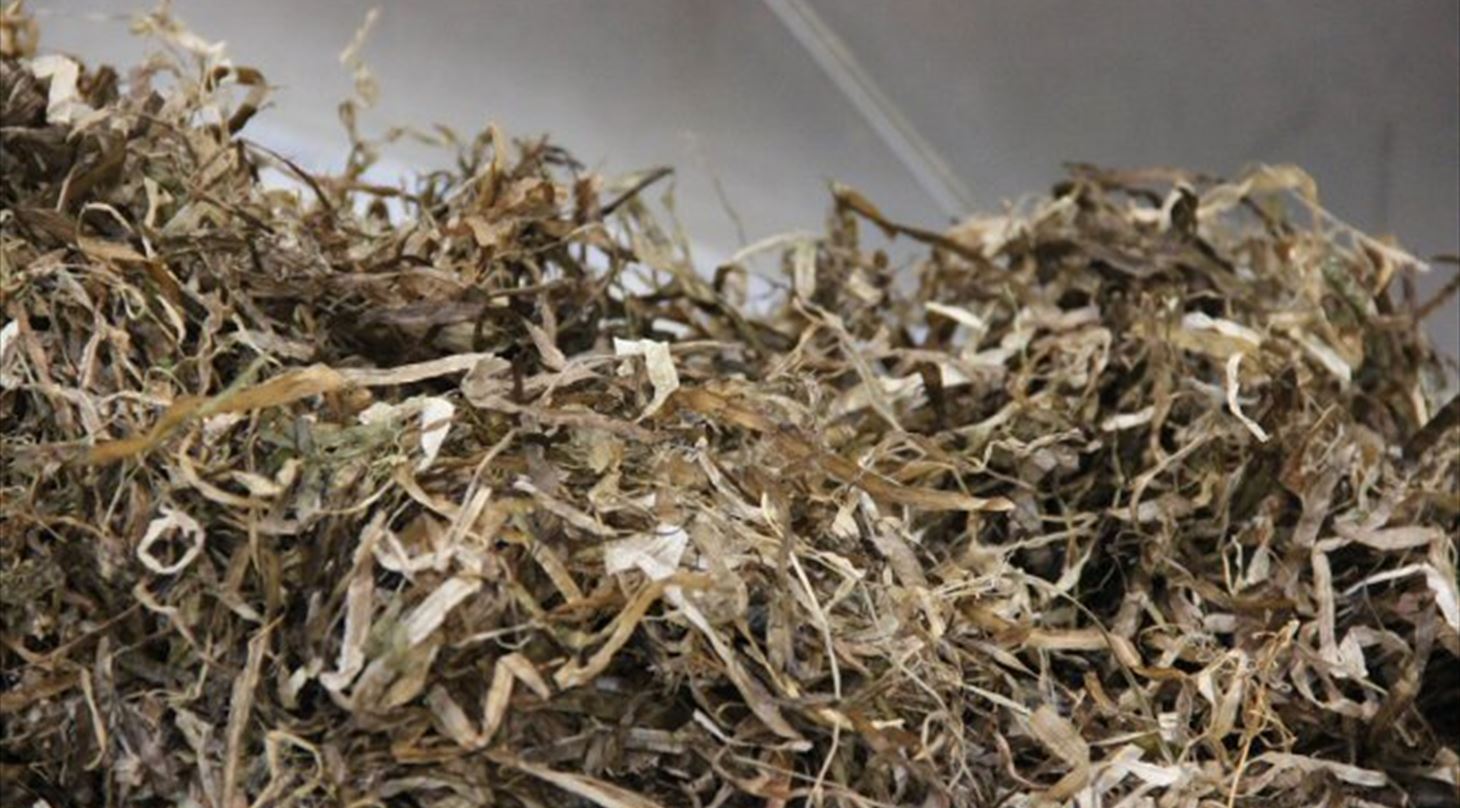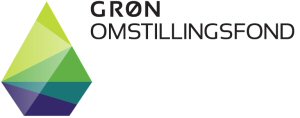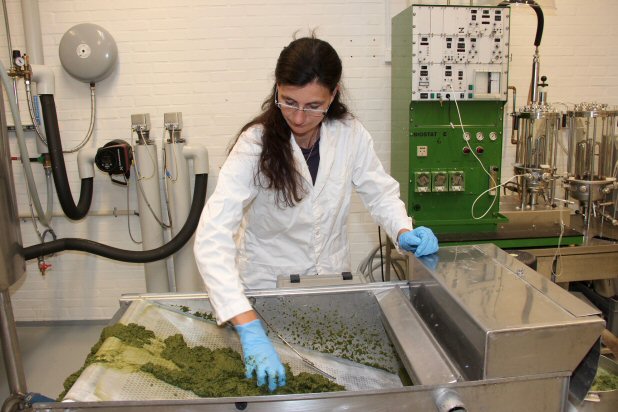
New biorefining pilot plant established at DTI with the aim of extracting raw materials from plant residues
Potentially, there are valuable raw materials yet to be exploited in plant residues. New project is Denmark is to examine the potential for industrial extraction.

A new project, SUBLEEM, funded by the fund for Green business development under the Danish Business Authority, will demonstrate the potential of creating added-valuable bio-based products from plant waste such as sugar beet leaves, beach cast / washed-up seaweed and excess from beer production.

Legend: Valuable raw materials stored in a number of plant and marine biomass can be optimised, says Director Anne Christine Steenkjær Hastrup, Danish Technological Institute.
Potentially, there are valuable raw materials yet to be exploited in plant residues. If these materials can be extracted under the right conditions, i.e. in a viable manner both economically and technically, they can replace imported raw materials, providing targeted material properties are intact.
- There are valuable raw materials stored in a number of plant and marine biomass that would otherwise be discarded. If we can optimise the processing of biological waste material, then in the long term we can significantly save on CO2 emissions and generally optimise utilisation of locally available resources, says team manager Anne Christine Steenkjær Hastrup, Danish Technological Institute.
Anne Christine Steenkjær Hastrup is project manager for the Commercial Partnership SUBLEEM, which is aiming at creating a unique pilot plant for bio-refinery already by the end of year 2016. The plant is equipped for a range of methods including enzymatic hydrolysis and therefore suitable for extraction of proteins, fibres, sugars and other valuable constituents for use in applications such as animal feed, detergents, plant protection, cosmetics, building materials, medicine etc.
The project strives to develop the processes and demonstrate the following at pilot scale; How can the raw materials be extracted in a profitable way thus supporting a business model where the subsequent investments in full-scale processing plants are economically beneficial.
- The aim is to create a platform to test ideas, processes and demonstrate sustainable business models in pilot scale that can then form the basis of establishing actual production. Denmark is in a good position to become a global leader in biorefinery, which would mean producing raw materials from existing residual resources rather than importing them, says Director Niels Morsing, Danish Technological Institute.
- Previous activities in biorefinery have often focused on producing bioethanol or energy related products, however, in most cases it has been difficult to make ends meet economically. We want to optimize the process in order to create the most value by focusing on high-value products, says Director Niels Morsing.
The project intends to develop novel local products from local resources, which are consequently converted into useful raw materials, thereby creating jobs and growth. At the same time CO2 emissions could potentially be reduced by millions of tons, because local raw materials can replace imported raw materials e.g. from South America. The technology and the developed products will be made available to Danish and international companies. There is a great export potential to customers for whom the use of residual biomass from e.g. food production is relevant.
The project is funded by the fund for Green business development under the Danish Business Authority – in a call for Enterprise Partnerships. The project is headed by the Danish Technological Institute. Additional participating partners are: Nordic Sugar, SEGES, Copenhagen University, Nordisk Tang, SICE, Vestjyllands Andel, Agro Business Park, Guldborgsund Municipality and HedeDanmark. A technical demonstration will be held, when the pilot plant is in operation.
For further information, please contact: Director Anne Christine Steenkjær Hastrup, Danish Technological Institute, mobile: (+45) 7220 1602, e-mail: acha@dti.dk.